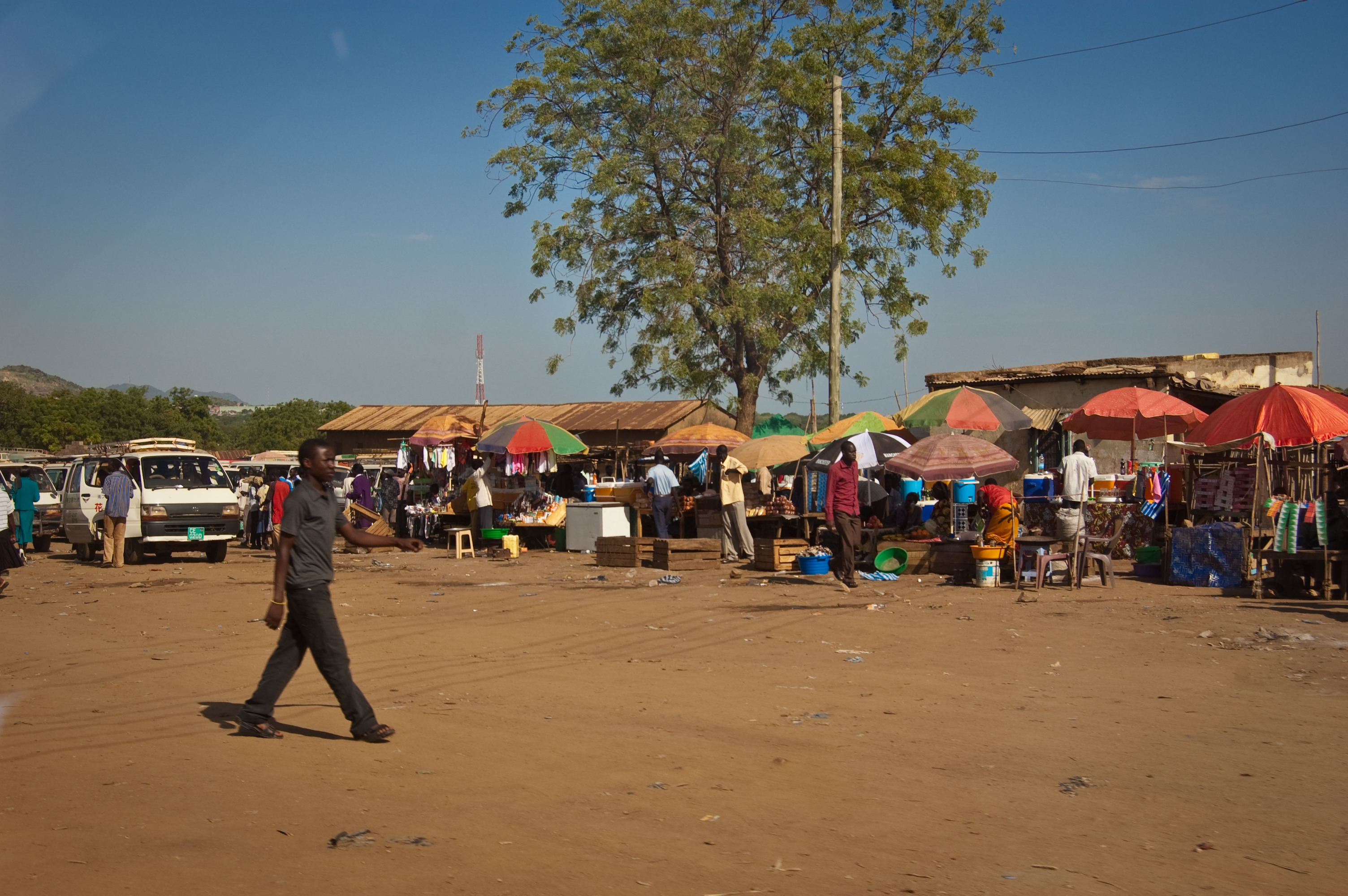Pax et Bellum | Alexandra Hallqvist, Analysis, Sub-Saharan Africa, Violence against Civilians, Zoe Meijer |
Historically, sexual violence has been a part of war. However, while it used to be seen as “just” a byproduct of war, we have finally come to the realization that sexual violence is often used as a strategic tool during conflict. Especially after the rape of hundreds of thousands of women during the wars in Bosnia and Rwanda, increased action has been taken to raise global awareness on the issues of sexual violence in conflict. Despite such actions and raised awareness, wartime sexual violence persists. In South Sudan, over hundred women are reported to have been raped in its capital Juba since the renewed outbreak of the conflict in June 2016. In addition, a UN statement says that there are thousands more cases across the country (OHCHR, 2016). Both national and international actors have thus so far largely failed to put a halt to this, leaving many South Sudanese living in fear. There is clearly an urgent need to increase our efforts to end sexual violence in South Sudan – and elsewhere.
Last December, Yasmin Sooka, Chair of the Commission on Human Rights in South Sudan, made a statement addressing the current state of South Sudan and the staggering number of rapes committed, allegedly by government forces. South Sudan only became independent in 2011 and conflict erupted in late 2013 between the president and his former deputy. A peace agreement was signed between the two men in 2015, however, violence and ethnic tensions have continued. Sooka shared in her statement that, according to a UN survey, 70 percent of women in the Protection of Civilians camps in Juba have been raped since the conflict erupted (OHCHR, 2016). The Commission Chair also stated that a “steady process of ethnic cleansing is already under way” and warned about a repetition of a situation similar to the Rwandan genocide (OHCHR, 2016).
Similar to Bosnia and Rwanda, the South Sudanese government forces are now accused of using rape and other forms of sexual violence as a tool for ethnic cleansing. Rape in this context is used with the intent to destroy a community. Victims do not only suffer from the violent, often repeated, acts, but frequently also from social exclusion by their families and communities due to stigmatization. For example, women in South Sudan are reported to have been rejected by their husbands and communities after being gang raped by soldiers (OHCHR, 2016). The ICRC recently noted unwanted pregnancy, exposure to HIV, physical and psychological trauma, risk of social isolation, lower likelihood of marriage and forced marriage with the perpetrator as some of the horrific consequences of rape in South Sudan (ICRC, 2016). Although victims of wartime sexual violence are often not killed, the consequences are thus usually lifelong. Especially in cultures where sexual violence is such a taboo and is considered to affect both the woman’s and her family’s honor, sexual violence can result in the destruction of social structures, cultural cohesion and communities’ integrity. Seeing the long term psychological and social harm sexual violence results in, there is no doubt that this form of violence needs to be a priority for local as well as transnational and international organizations and actors. More actions to prevent and impede ongoing wartime sexual violence, as well as to help the victims, are needed in South Sudan and elsewhere.
Despite the condemnations of some of the perpetrators of wartime sexual violence in, for instance, Rwanda and Bosnia, and the precedents they established for international law, the lack of justice for victims of wartime sexual violence is striking. The case of South Sudan is no exception. The national judicial system in South Sudan is dysfunctional and the African Union Commission-supported hybrid court promised in the 2015 peace agreement is still overdue. Whereas investigations understandably can be complex, not least during ongoing conflicts such as in South Sudan, more efforts should be made to hold the South Sudanese government accountable and to speed up legal processes. This also considering that the number of victims constantly increases and evidence for earlier crimes becomes more difficult to gather. Because of the lacking national legal system – and current unwillingness from state and military officials to take action against the crimes committed by soldiers – it is especially important that the establishment of the hybrid court is not delayed any further – something that the international community should push for.
Legal actions against perpetrators of sexual violence need to be taken for several reasons. In a documentary on the trial of Jean-Paul Akayesu for his responsibility of mass rape during the Rwandan Genocide, rape survivors confirm how important justice was for their healing process (Mitchel and Louvel, 2016). Even if legal investigations and court rulings are unlikely to fully help victims overcome psychological traumas, they do send a clear and crucial message, namely, that rape and other forms of sexual abuse are not institutionally tolerated under any circumstances. Thus, holding perpetrators of sexual violence responsible for their crimes can hopefully also change the culture of impunity that to a large extent still exists to this type of violence in South Sudan as well as in many other parts of the world.
In parallel with increased preventive and post-trauma initiatives and actions, legal actions can furthermore contribute to changing the strong norms that currently surround sexual violence. These attitudes result in high levels of stigmatization, double and life-long victimization, destruction of ethnic groups and communities, as well as social exclusion of children of rape in South Sudan and elsewhere.Therefore, it is crucial that a global zero tolerance against sexual abuse and violence must be applicable everywhere and to all actors with no exceptions – no matter if perpetrators are part of a rebel group, carry a blue helmet or wear an army vest. As mentioned, many of those who have committed and are committing sexual violence in South Sudan are government soldiers. These individual perpetrators as well as their commanders should be held accountable for their crimes.
Also, in cases like these where victims to a great extent are abandoned by national instances, the international community plays a particularly important role in, where possible, both preventing sexual violence and assisting victims with medical and psychological care. However, apart from inadequate judicial action and investigations, the case of South Sudan highlights some lack of actions of the UN in regard to sexual violence. There have been reports of women in UN camps not receiving much-needed health care after being gang-raped (OHCHR, 2016). In addition, soldiers from the South Sudanese army have committed sexual violence close to UN refugee camps, and sometimes reportedly even within sight of peacekeepers. Several such incidents were for example reported from the Terrain compound in July 2016 (Motaparthy, 2016). If UN peacekeepers do not intervene to impede sexual violence happening in front of their eyes, when will we see an end to the use of sexual violence as a strategy in conflict and an implementation of a zero tolerance policy against wartime sexual abuses?
As we enter 2017, sexual violence is part of many South Sudanese’ reality and everyday life. Many civilians live in fear of becoming the next victims, and survivors of sexual violence are largely neglected by national as well as international actors. We must arrive at a point where victims get more help and where the perpetrators – not the victims – are stigmatized, and thus suffer social as well as legal sanctions. Reduced stigmatization of victims would result in more victims speaking openly about their experiences as well as seeking help. Hopefully, less stigmatization and facilitated reintegration of victims and their children will also diminish the benefits of using sexual violence as a strategic tool of war.
Alexandra Hallqvist and Zoë Meijer
*Alexandra and Zoë are students at the Master Programme in Peace and Conflict Studies at Uppsala University.
The blog is run independently of the Department of Peace and Conflict Research in Uppsala. The Pax et Bellum Editorial Board oversees and approves the publication of all posts, but the content reflects the authors’ own perspectives and opinions.
REFERENCES
- ICRC (2016). “Sexual violence: A tragic and taboo scar of South Sudan’s conflict.” ICRC, 15 April 2016. Retrieved from: https://www.icrc.org/en/document/south-sudan-sexual-violence-taboo-160414
- Mitchel, M. & Louvel, N. (2016). The Uncondemned. USA: Film at 11, 2016. Retrieved from: http://www.theuncondemned.com/#the-film.
- Motaparthy, P. (2016). “South Sudan’s Suspected Rapists Must Be Brought to Justice.” HRW, 22 August 2016. Retrieved from: https://www.hrw.org/news/2016/08/22/south-sudans-suspected-rapists-must-be-brought-justice
- OHCHR (2016). “Statement by Yasmin Sooka, Chair of the Commission on Human Rights in South Sudan at the 26th Special Session of the UN Human Rights Council.” OHCHR. 14 December 2016. Retrieved from: http://www.ohchr.org/EN/NewsEvents/Pages/DisplayNews.aspx?NewsID=21028&LangID=E

